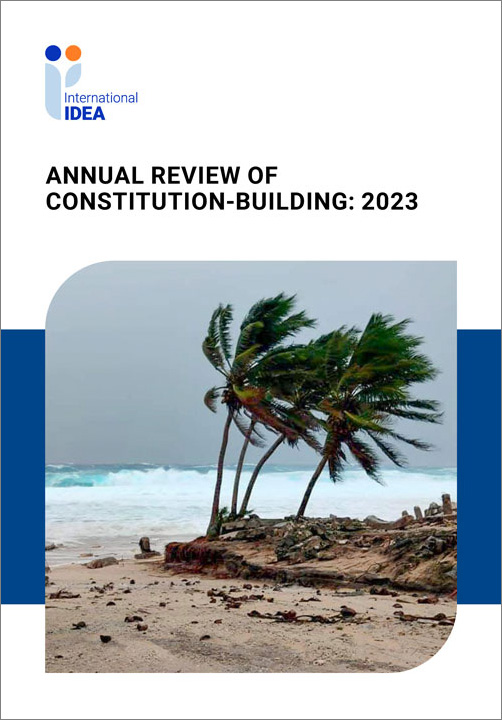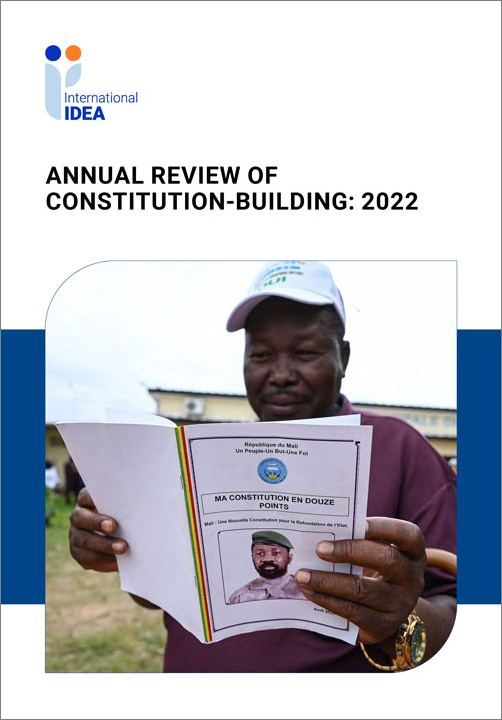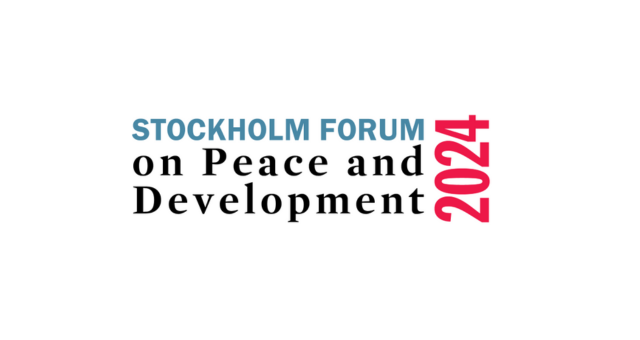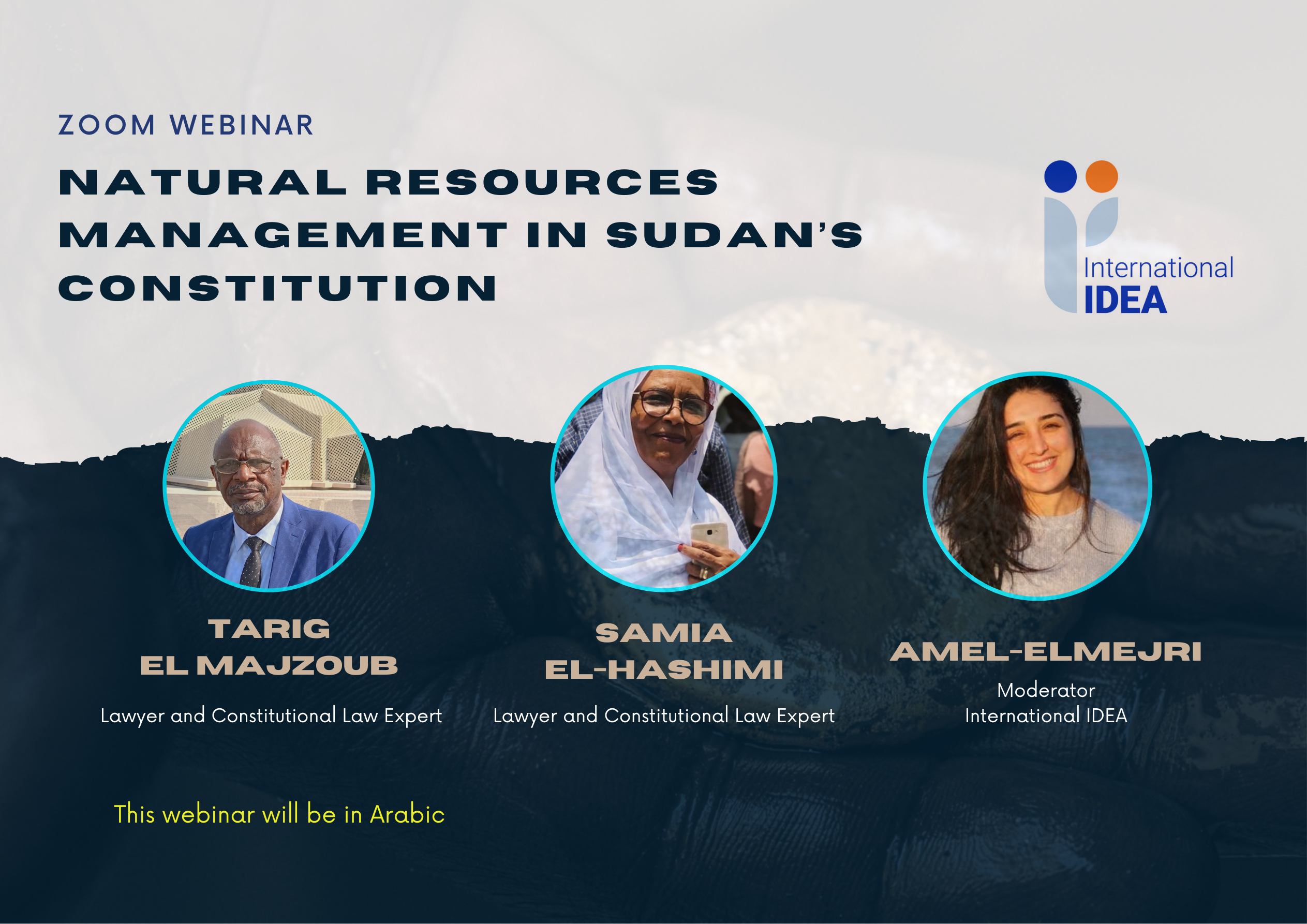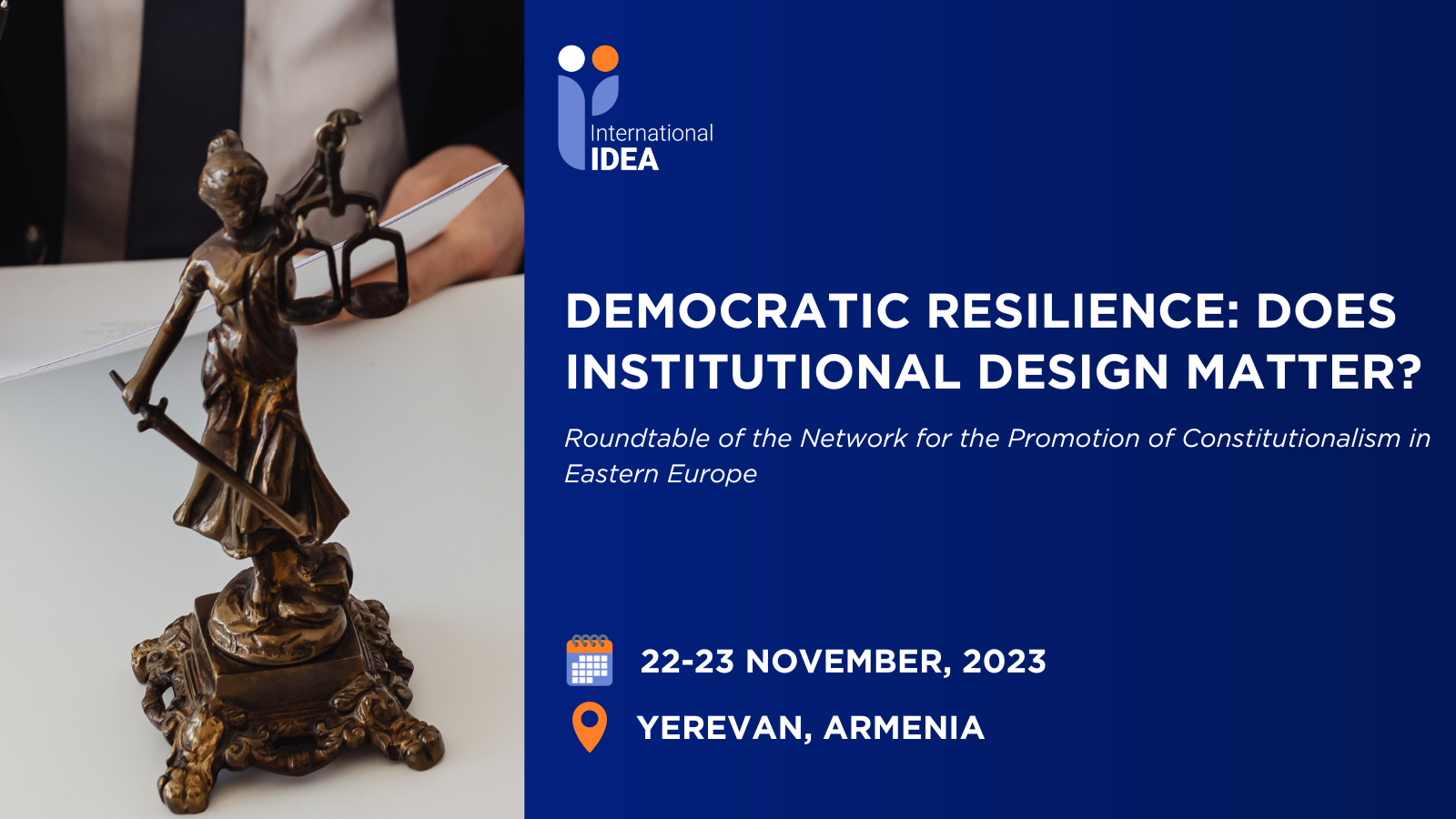Direct Democracy
Direct democracy describes those rules, institutions and processes that enable the public to vote directly on a proposed constitutional amendment, law, treaty or policy decision. The most important forms of direct democracy covered in this Primer are referendums and initiatives.
International IDEA’s Constitution-Building Primers are designed to assist in-country constitution-building or constitutional-reform processes by helping citizens, political parties, civil society organizations, public officials and members of constituent assemblies make wise constitutional choices.
They also provide guidance for staff of intergovernmental organizations and other external actors working to provide well informed, context-relevant support to local decision-makers.
Each Primer is written as an introduction for non-specialist readers, and as a convenient aide-memoire for those with prior knowledge of, or experience with, constitution-building. Arranged thematically around the practical choices faced by constitution-builders, the Primers aim to explain complex constitutional issues in a quick and easy way.
This revised and reformatted edition was published in October 2017.
Details
Author(s)
Related databases & tools
Contents
Overview
What is the issue?
Forms of direct democracy
Direct democracy: advantages and disadvantages
Institutional choices and design considerations
Alternatives to direct democracy
Examples
Decision-making questions
References
Annex
Give us feedback
Do you have a question or feedback about this publication? Leave us your feedback, and we’ll get back to you
Send feedbackDirect Democracy
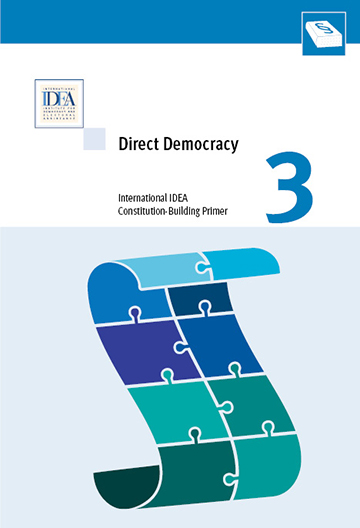
| Total views | 10937 |
|---|---|
| Downloads | 101 |
| Rating |
Authors
Related databases & tools
Give us feedback
Do you have a question or feedback about this publication? Leave us your feedback, and we’ll get back to you
Send feedback


